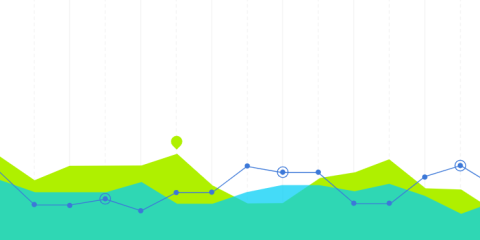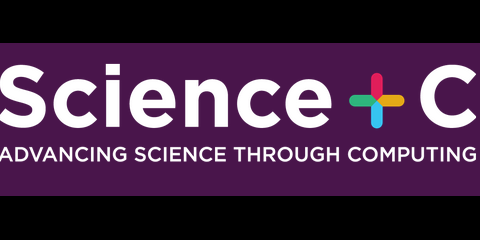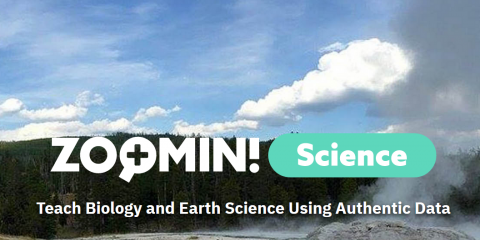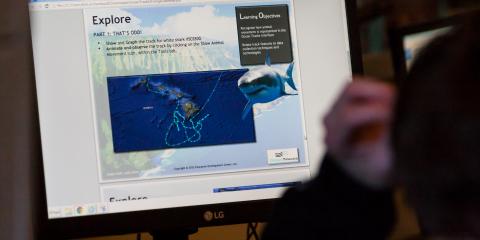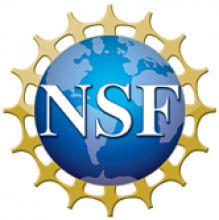-
 New Data PathwaysLearn More
New Data PathwaysLearn MoreWorking with community colleges across the U.S. to build employer-aligned data programs.
-

-
 Ocean TracksLearn More
Ocean TracksLearn MoreWeb-based visualization and analysis tools to create active learning experiences for students.
-
 EDC Earth ScienceLearn More
EDC Earth ScienceLearn MoreA curriculum that explores current and compelling questions using authentic data.
Projects
-

Youth are avid creators and consumers of data-based claims through their participation on social media sites, in which they view, create, and share content. They remix content, building off one another’s videos, gifs, and memes to represent and...
-

This project, led by Northeastern University, will contribute to the national need for well-educated data analysts and scientists, mathematicians, engineers, and technicians by supporting the retention and graduation of high-achieving, low-income...
-

The term Artificial Intelligence, or AI, has been around since the 1950s and been much hyped. Yet, it took several decades before computational power was strong enough to support the concept of computers solving problems that normally were only...
-

Building Insights Through Observation is a four-year project funded by the National Science Foundation (NSF) to research the ways in which arts-based instructional methods and geospatial data visualization can be successfully applied by...
-

-

EDC was awarded NSF funding in 2021 to design, develop, test, and institutionalize an innovation pathway focused on data. Working with a team of high school and community college educators and industry and community partners, ODI will develop a...
-
WeatherX is developing middle-school curriculum units that investigate extreme weather events to promote skills in analyzing large-scale scientific data and interest in data science...
-

Over three years, the DCA project created and tested problem-solving activities for preK students (4-5-year-olds) that integrate mathematics and computational thinking (CT) by engaging children in data collection and analysis investigations....
-

As more sectors of the economy come to rely increasingly on data, the demand for skilled data workers is growing at a pace that outstrips the capacity of colleges to develop the programs needed to produce qualified employees....
-
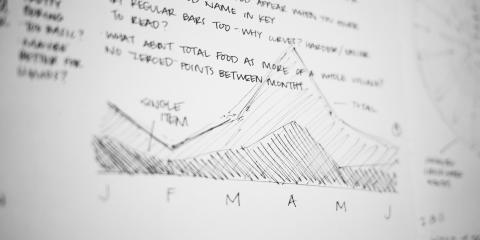
This collaborative research project, funded by NSF, aims to co-design and study approaches that integrate art and mathematics to promote data literacy learning and instruction for middle school students and teachers. Many existing efforts to...
-

How do we help students transition from simple data sets that students collect themselves to work with professionally-collected data? Streams of Data will develop and test an approach to support 4th grade students in this transition. We will...
-

ODI is collaborating with National Geographic Explorers, educators, and programs to develop three lessons for the National Geographic education resources portal. Designed for use in middle-school classrooms, each lesson uses authentic, scientific...
-

EDC’s Oceans of Data Institute worked with participating colleges of the Coast Community College District to strengthen their efforts to develop a regional career pathway for data science specialists. ODI focused on two goals:...
-

The Strengthening Data Literacy across the Curriculum (SDLC) project is developing and studying high school curriculum modules that integrate social justice topics with statistical data...
-

In this exploratory project, ODI will collaborate with National Geographic Explorers, educators, and programs to identify specific datasets and “data stories” that would lend themselves to the creation of compelling learning modules for...
-

Our cities are becoming increasingly “connected.” Cars, traffic signals, and even the roads themselves are utilizing new technologies to communicate with one another— transmitting, analyzing, and responding to data. A single connected (wifi-...
-

The Oceans of Data Institute partnered with Columbus State Community College (OH) in an ATE-NSF funded project: Data Analytics Technician Advancement (DATA) Program. The project establishes a DATA Pathway in the central Ohio region to increase...
-
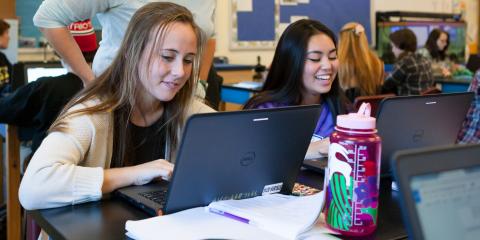
The world is increasingly data-driven. To thrive in this world, students a new level of data literacy — the ability to solve problems and support arguments using data.
Zoom In! Learning Science with Data is creating curriculum...
-
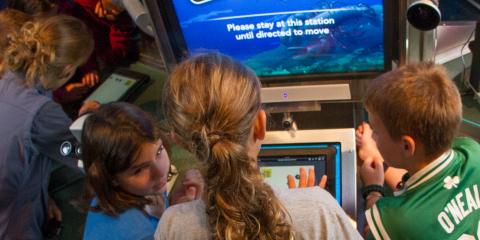
This NASA-funded collaboration with the Gulf of Maine Research Institute (GMRI) builds on the success of GMRI’S LabVenture Program to create learning experiences focused on exploring the effects of climate change in and around the Gulf...
-
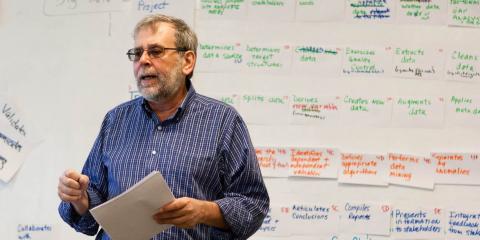
To address the urgent and rapidly growing need for workers proficient in the use of Big Data the Oceans of Data Institute (ODI) of Education Development Center, Inc. (EDC) will work with four community colleges to create a career pathway...
-
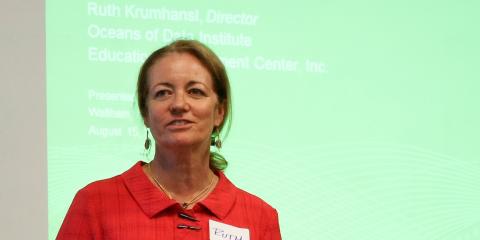
ODI and IBM teamed up for a three-day workshop, October 4-6, 2015, which convened a panel of 12 professionals from both data-intensive industries and K-16 education. The...
-
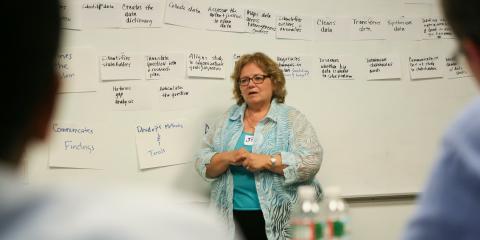
Professionals in many career fields now find that researching, analyzing and integrating data is essential to their work. Much of this change has occurred because of the rise of big data–gigantic data sets that are increasingly informing...
-
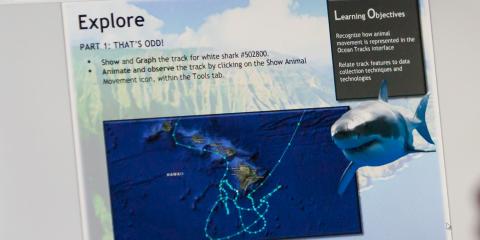
Ocean Tracks College Edition (OT-CE) is a three-year research and development project funded by the National Science Foundation, involving a collaboration between EDC and the University of California, San Diego’s Scripps Institution of...
-
The Next Generation Science Standards place a strong emphasis on students’ mastery of “practices” of science and engineering. Among these practices is “Analyzing and...
-
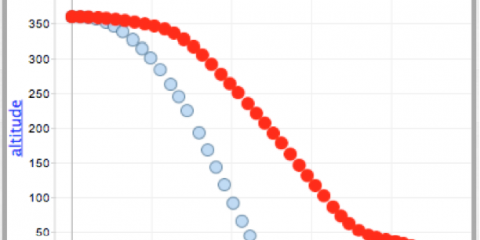
Awarded in the fall of 2013 by the National Science Foundation (grant # 1434570), EDC is working with Concord Consortium and the University of Minnesota on the Common Online Data Analysis Platform (CODAP) project. The CODAP team is developing and...
-
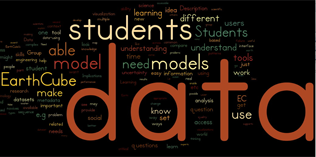
EarthCube is an NSF initiative to develop a national cyberinfrastructure which will give researchers and students easy access to earth data and models in a way that is intended to catalyze...
-
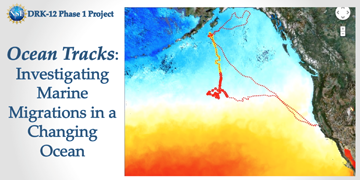
Ocean Tracks: Investigating Marine Migrations in a Changing Ocean (Ocean Tracks) was a two-year Phase I research and development project funded by NSF (grant #1222413). A collaboration between EDC and Stanford University’s Hopkins...
-
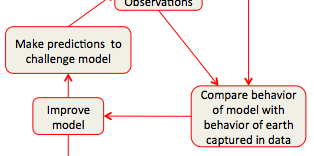
This classroom research project seeks to understand more about how teachers teach and students learn using physical models in Earth Science. A key finding is that classroom teaching with models tends to be disconnected from teaching with data,...
-
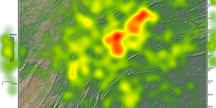
This laboratory research project seeks to understand more about how students form inferences and interpretations as they view geoscience data visualizations. Individual participants view data visualizations of topography/bathymetry or ocean...
-
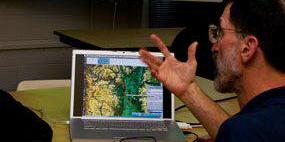
InTeGrate is a nationwide effort to transform undergraduate geoscience education in such a way as to increase the flow of individuals with Earth expertise into the employment pipeline and to contribute to solving national grand challenges of...
-
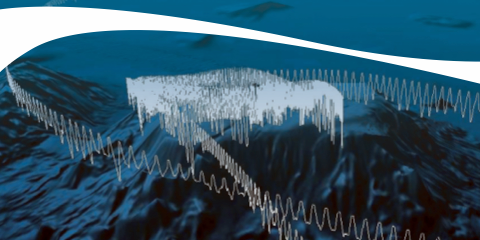
The practice of science and engineering is being revolutionized by the development of cyberinfrastructures for accessing near real-time and archived observatory data. To inform efforts at bridging scientific cyberinfrastructures to the classroom...
-
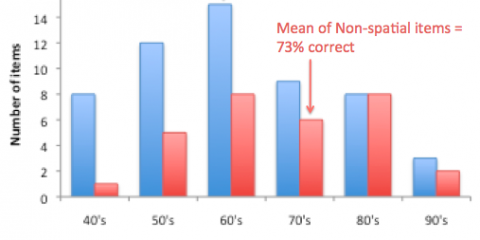
Spatial thinking involves drawing meaning from the position, shape, orientation, trajectory, or configuration of objects or phenomena. For any kind of data displayed on a map or cross-section, spatial thinking is likely to be an important...
-
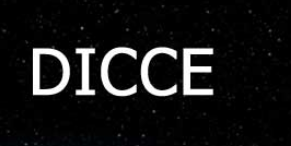
With support from the National Science Foundation, EDC is working with SRI International and NASA in the development and piloting of interactive websites for high school classroom climate-change investigations. The websites allow high school...
-

The Other Worlds: Other Earths project aims to give high school students first-hand experience in gathering, analyzing and interpreting data. In two laboratory modules, the students use online telescopes to search for exoplanets. During...
-
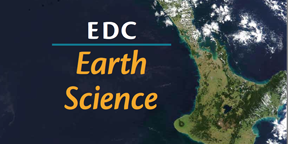
EDC Earth Science, developed as part of the NSF-funded Foundation Science project at EDC (grant #0439443) and published by...
Featured Resources
-
This Visualization+Data Course is backward-designed from college coursework. Learn more about the project and additional data courses offered.
-
These open source AI modules were developed through the NSF funded Science+C project. These modules were developed for high school students but can be easily adapted for community college students and may offer a starting point for those of you...
-
The WeatherX project has developed two curriculum units for middle-school science classrooms. In the Local Unit, students collect and analyze weather data from their local area and compare with climate data to investigate: What is typical weather...
-
To promote understanding of and interest in working with data among diverse student populations, we developed and studied a high school mathematics curriculum module that examines income inequality in the United States. Designed as a multi-week set...
-
To support preschool children’s learning about data in an applied way that allows children to leverage their existing mathematical knowledge (i.e. counting, sorting, classifying, comparing) and apply it to answering authentic, developmentally...
-
The Preschool Data Toolbox is a teacher-facing app plus digital teacher guide (available in the Apple and Android stores or online) that provides lesson plans for a series of data-focused investigations. The app allows teachers and preschoolers to...
-
The colleges affiliated with the Coast Community College District (CCCD) in Southern California collaborate on delivering career pathways in several industry sectors. Their successful operation largely depends upon the individuals serving in the...
-
Zoom In! is a free, Web-based platform that helps high school students build their data literacy through “deep dives” into real-world biology and Earth science problems using authentic data sets. Each Zoom In blended learning module is a multi-day,...
-
Data literacy, or students’ abilities to understand, interpret, and think critically about data, is an increasing need in K–16 science education. Ocean Tracks College Edition (OT-CE) sought to address this need by creating a set of learning modules...
-
To speed and ease the transition from education to employment in data fields, many community colleges are establishing data internships. Internships provide students with immediate opportunities to apply their data skills and knowledge to the tasks...
Partners and Funders
EDC’s Oceans of Data Institute collaborates with a variety of partners and funders, including:

